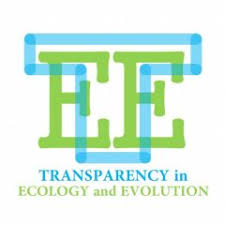Is overstatement of generality an Open Science issue?
[This post has been originally posted on ecoevotransparency.org]
I teach an undergraduate class in ecology and every week or two I have the students in that class read a paper from the primary literature. I want them to learn to extract important information and to critically evaluate that information. This involves distinguishing evidence from inference and identifying assumptions that link the two. I’m just scratching the surface of this process here, but the detail I want to emphasize in this post is that I ask the students to describe the scope of the inference. What was the sampled population? What conclusions are reasonable based on this sampling design? This may seem straightforward, but students find it difficult, at least in part because the authors of the papers rarely come right out and acknowledge limitations on the scope of their inference. Authors expend considerable ink arguing that their findings have broad implication, but in so doing they often cross the line between inference and hypothesis with nary a word. This doesn’t just make life difficult for undergraduates. If we’re honest with ourselves, we should admit that it’s sloppy writing, and by extension, sloppy science. That said, I’m certainly guilty of this sloppiness, and part of the reason is that I face incentives to promote the relevance of my work. We’re in the business of selling our papers (for impact factors, for grant money, etc.). Is this sloppiness a trivial outcome or a real problem of the business of selling papers? I think it may lean towards the latter. Having to train students to filter out the hype is a bad sign. And more to the point of this post, it turns out that our failure to constrain inferences may hinder interpretation of evidence that accumulates across studies.


